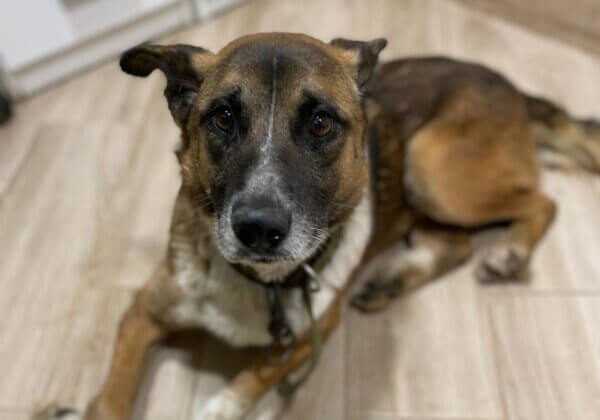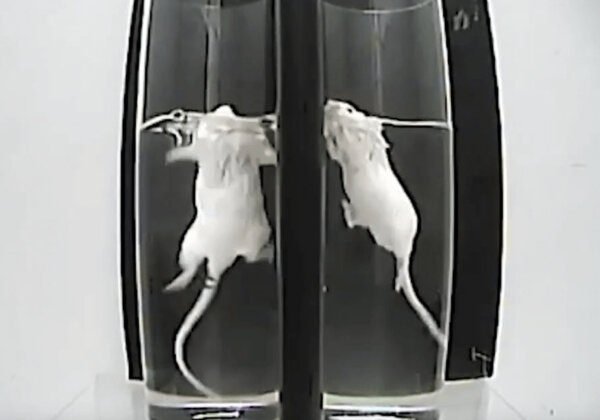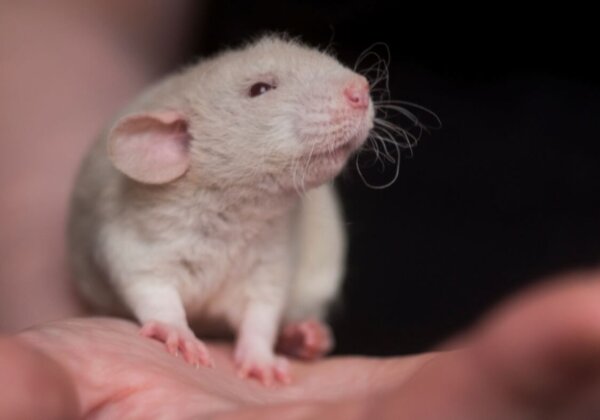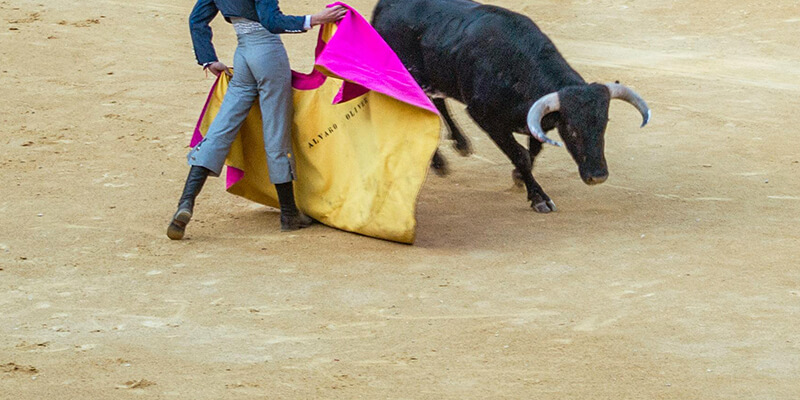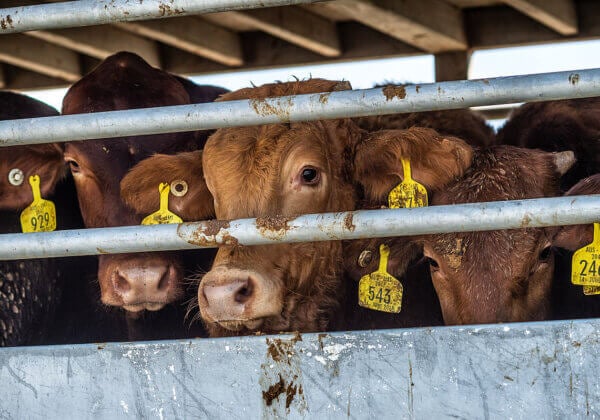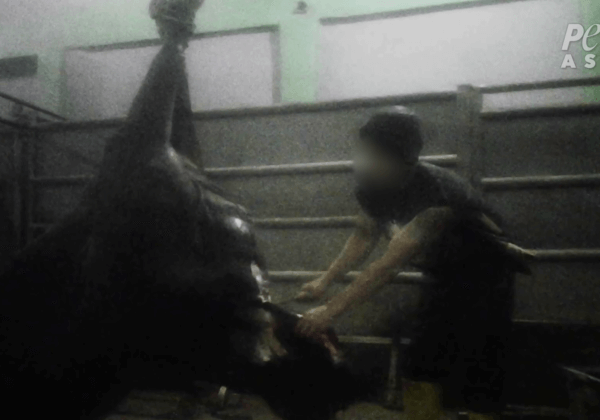World Day for Animals in Labs: Small Protesters Hit the Streets for a Big Problem
Social distancing and COVID-19 mean that we’re unlikely to see marches or other physical demonstrations anywhere to mark World Day for Animals in Laboratories, but that won’t stop us from speaking up for animals.
With the world in the grip of a pandemic, scientists are working hard to develop much-needed treatments and a vaccine for COVID-19. In this time of great uncertainty and confusion, there’s one thing we do know for sure: experimenting on animals is not only unethical but also unjustifiable from a scientific perspective.
PETA supporters around the world are joining our virtual #WDAIL demonstrations by sharing photos of our model protesters in their cities.

Other animals feel pain and fear, just as we do, and their overwhelming natural instincts – like ours – are to be free and to protect their own lives and those of their loved ones, not to be locked inside a small cage in a laboratory. However, approximately 6 million animals are used in experiments in Australia and New Zealand every year and can be subjected to distressing and painful tests before being killed.
Forward-thinking scientists, animal rights groups, and compassionate members of the public are all helping to end the cruel and unnecessary practice of animal experimentation. This World Day for Animals in Laboratories, join our demonstration by sharing one of our photos from cities across Australia. Or download our transparent PNG file here and make your own!
Take Action for Animals – #WDAIL
With the world in the grip of a pandemic, scientists are working hard to develop much-needed treatments and a vaccine for COVID-19. In this time of great uncertainty and confusion, there’s one thing we do know for sure: experimenting on animals is not only unethical but also unscientific. Here are some ways you can help animals in labs:
Ask This New Zealand University to Ban Cruel Forced Swim Tests on Animals
Victoria University of Wellington in New Zealand is supposed to be a place of education and innovation, but its administration still allows experimenters to dose mice and rats with drugs and drop them into cylinders of water to watch how long they struggle.
Allowing such tests to continue teaches students nothing more than cruelty to animals. Scientists all over the world – including at top pharmaceutical companies AbbVie, Johnson & Johnson, and Roche – are no longer wasting time and money on this test, which has proved to be as irrelevant as it is cruel.
Urge the Australian Defence Force to Stop Live-Animal Trauma Training
The Australian Defence Force (ADF) continues to inflict severe injuries on live animals in cruel live tissue trauma training exercises, even though superior non-animal methods are available and widely used by other military training facilities.
Please urge the ADF to stop live-animal trauma training and to switch to advanced, humane, non-animal teaching methods instead.
Speak Up About Classroom Dissection
Every year, countless animals are dissected in elementary, secondary, and university science classes all across Australia. Each animal who’s cut open and discarded represents not only a life lost but also a part of a long trail of animal abuse and environmental havoc. No state education department in Australia has made dissection compulsory.
Dissection is also not essential for students who will go on to study medicine or veterinary science, and students are entitled to submit a conscientious objection without penalty.

